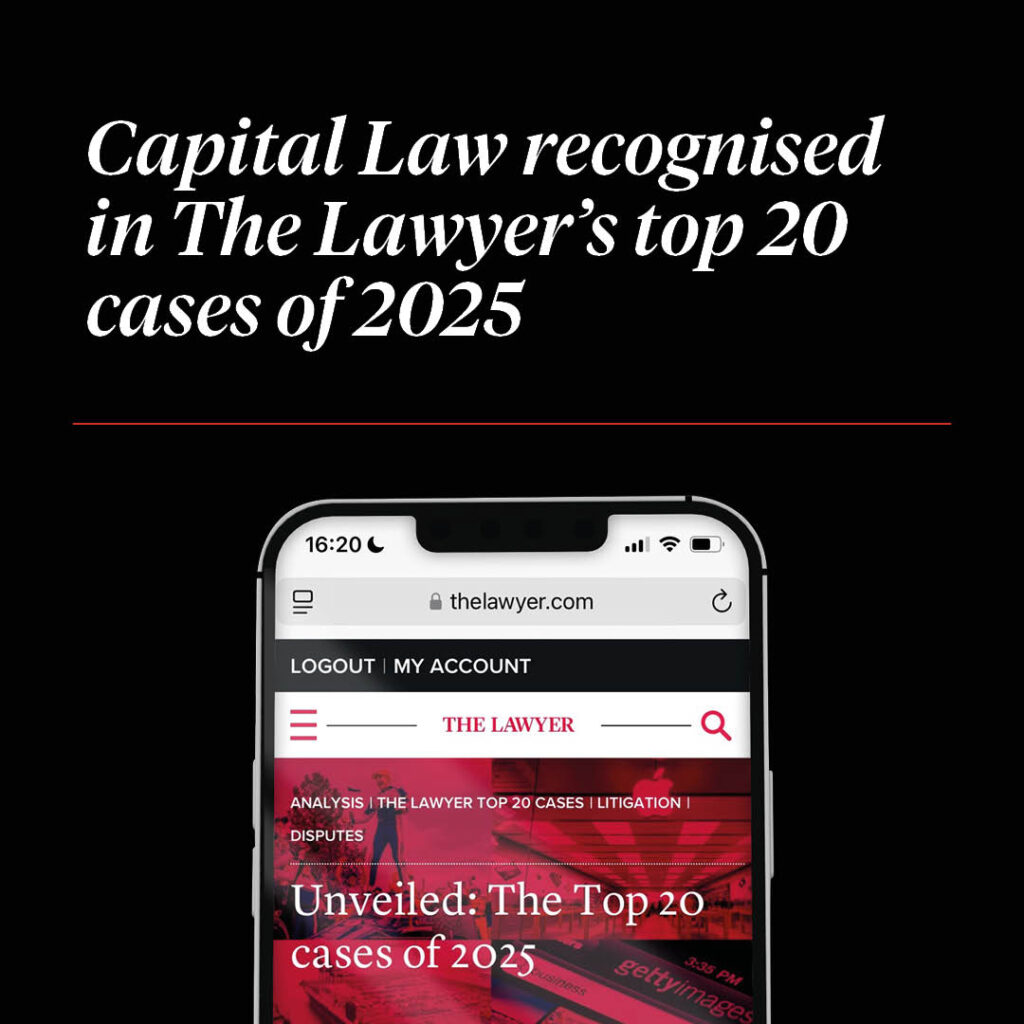Insurers denying coronavirus-related business interruption insurance claims has been a huge issue across the UK for a wide range of businesses who have been unable to trade as usual as a result of the pandemic. To provide clarity for policyholders, the Financial Conduct Authority (FCA) brought a test case seeking judicial guidance on the interpretation of the wording of 21 different business interruption insurance policies from eight different insurers. The test case specifically looked at how certain non-damage extensions should be interpreted. It has been making its way through the Court since June this year and the decision was made public on 15 September 2020.
The judgment
The judgment covers a lot of complex issues and runs to 162 pages. The Court found in favour of the FCA (and therefore policyholders) in respect of the majority of the policies, including in relation to most disease clauses, clauses which are triggered by restrictions imposed on the premises relating to a notifiable disease, certain denial of access/ public authority clauses, as well as causation and trends clauses.
However, it’s important to note that this was not a blanket success for policyholders as the Court did not find in favour of policyholders across all policy wordings. For example, in the case of policies from Zurich and Ecclesiastical Insurance, the Court ruled in favour of the insurers.
What does it mean for policyholders?
The judgment is legally binding on the eight insurers that are parties to the test case (Arch, Argenta, Ecclesiastical, MS Amlin, Hiscox, QBE, RSA and Zurich) and if you have an affected claim, you should receive an update from your insurer in the seven days following the publication of the judgment.
The judgment will also provide persuasive guidance for the interpretation of similar policy wordings and claims regardless of insurer. So, whoever your insurer is, if your policy falls within the wording of the test case policies, you may to be entitled to a pay out.
What happens next?
The saga isn’t over yet as the insurers whose policies featured in the test case are likely to seek permission to appeal the decision. Given the judgment was not clear-cut on all issues, this also means that the specific policy wording of each individual claim will still need to be considered against the ruling, to establish whether there is cover. If your insurer continues to deny your claim, we would recommend seeking guidance given the complexity of issues at play.
If you are unsure whether your claim is covered, or have any queries in relation to policy wordings, we can help. Our dedicated business interruption insurance team has been helping hundreds of businesses in this situation by reviewing their policies for free. You can send us yours via this short form. If we think you have a claim, we’ll pursue your insurer. If you win, you pay us a pre-agreed fee. If you lose, you don’t pay anything.



